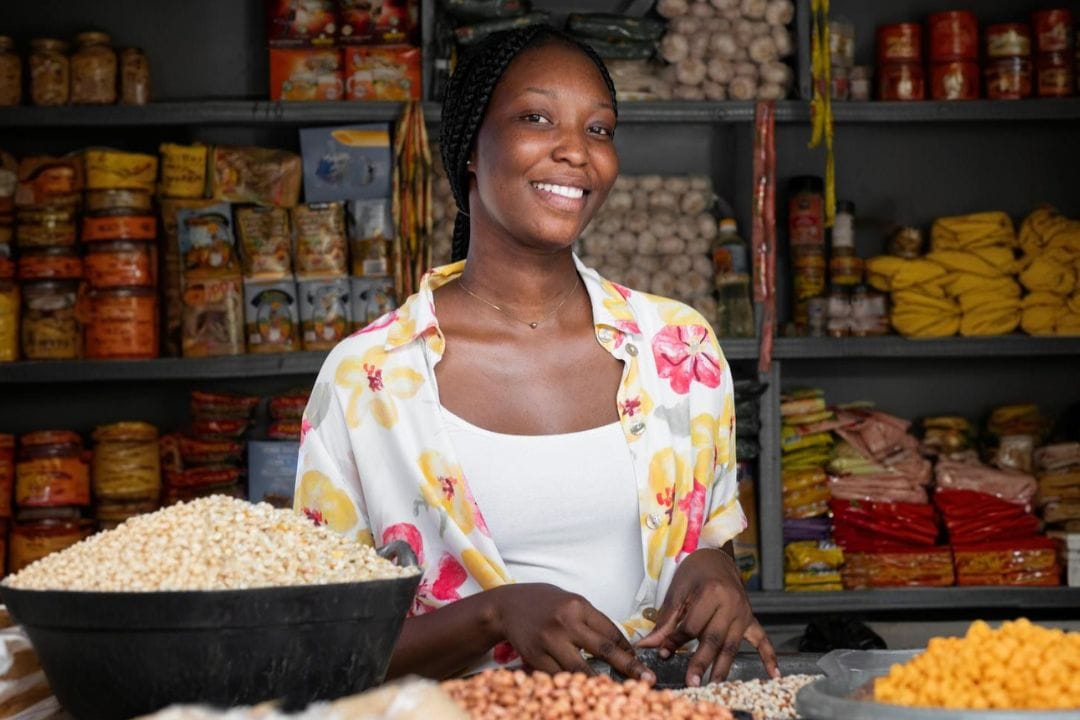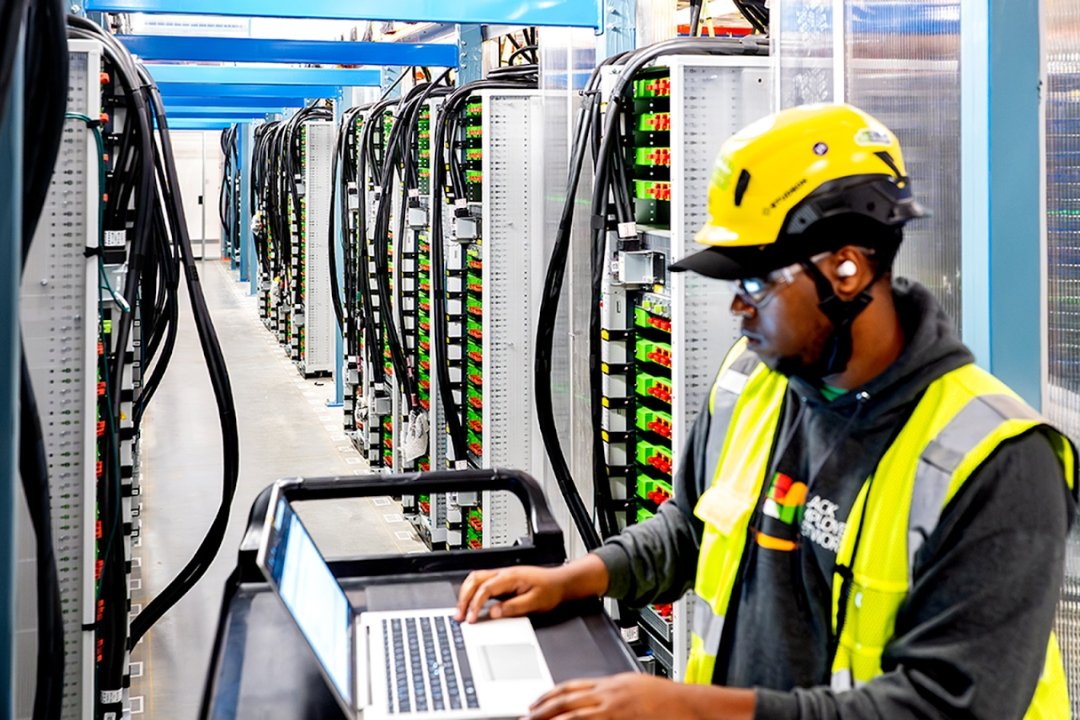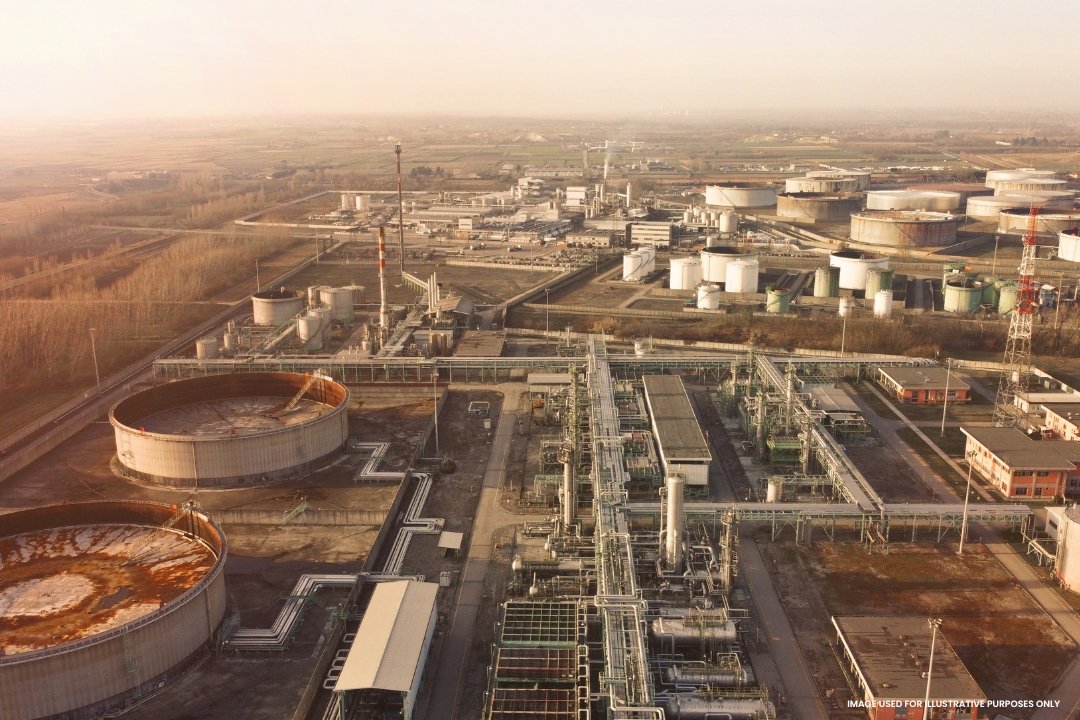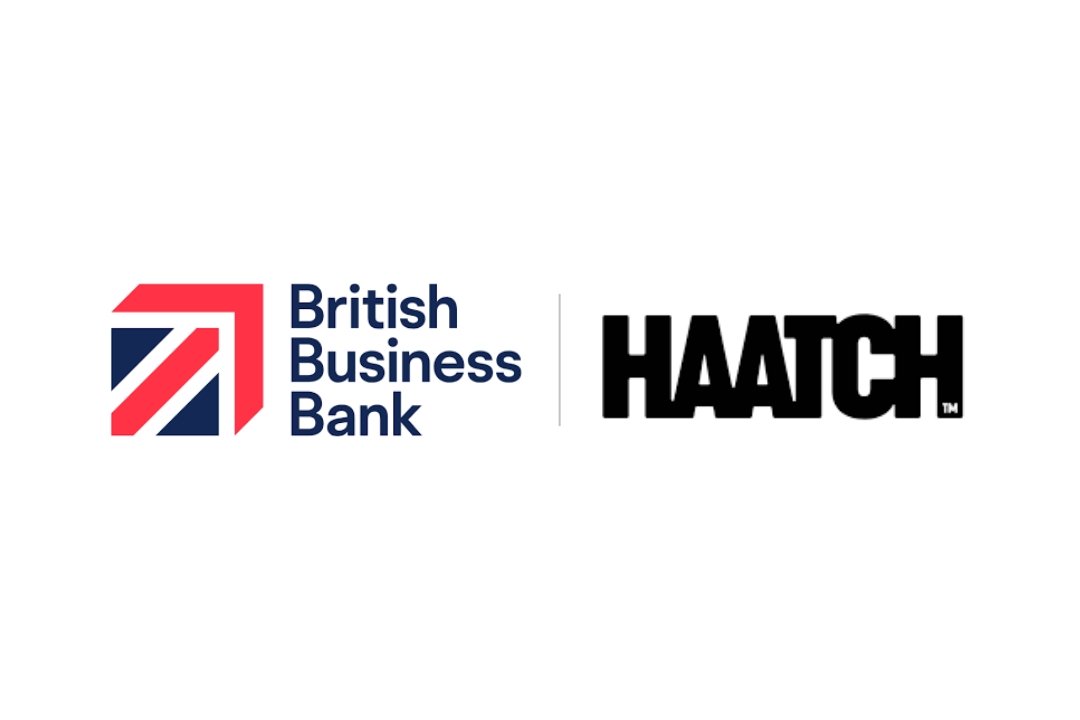The International Finance Corporation (IFC) and Afriland First Bank Cameroon (First Bank) have announced a partnership that will unlock $60 million in financing for small and medium-sized enterprises (SMEs), with a particular focus on supporting women-led businesses. This is a significant step to boost economic growth and improve financial inclusion in Cameroon.
One among Cameroon’s most urgent economic issues is the lack of financing available to SMEs, that makes up for over 90% of all companies in the nation. Since these SMEs are essential to innovation, job creation, and community development, this strategic partnership aims to address this issue. As per the deal, Afriland First Bank will receive a loan from IFC for up to $60 million in Euros. This comprises $40 million raised from other foreign lenders and $20 million taken from IFC’s own account. The investment is set up to expand First Bank’s lending capabilities and reach underprivileged SMEs nationwide.
The collaboration is a component of IFC’s larger Cameroon country strategy, which seeks to promote growth driven by the private sector and inclusiveness by expanding access to capital, bolstering domestic value chains, particularly in agriculture, and promoting digital infrastructure and renewable energy initiatives. The program promotes the shift to a climate-resilient economy and is in line with national development goals, as Cameroon faces the challenges of urbanisation and growing climate-related threats.
“We are excited to work with IFC to support the growth of SMEs in Cameroon,” said Célestin GUELA SIMO, CEO of Afriland First Bank. “This partnership will allow us to increase financing for small businesses, helping them thrive and play a greater role in the country’s economic development. SMEs are the backbone of our economy, and by helping them succeed, we are building a stronger, more diversified future.”
“IFC is committed to supporting inclusive, private sector-led growth in Cameroon,” said Dahlia Khalifa, IFC Regional Director for Central Africa and Anglophone West Africa at IFC. “Through this partnership with First Bank, we will help close the financing gap for SMEs and empower entrepreneurs to innovate and create jobs. Together, we aim to support sustainable development and unlock opportunities for businesses to thrive.”
Additionally, the Women Entrepreneurs Opportunity Facility (WEOF) is providing performance-based incentives of up to 0.07% of the project’s total cost, or roughly $42,000. This is an attempt to support gender-inclusive economic development. Owing to Cameroon’s competitive market, these incentives help develop fair access to funding and encourage the expansion of female entrepreneurship. IFC will also provide Afriland First Bank with extensive consulting services in addition to finance. These services will focus on improving risk management, expanding the SME portfolio, and creating tailored financial solutions for entrepreneurs and small businesses. This technical assistance will help First Bank become a leader in SME financing and support new businesses and innovators in Central Africa.
“This partnership will allow us to increase financing for small businesses, helping them thrive and play a greater role in the country’s economic development,” said Célestin GUELA SIMO, CEO of Afriland First Bank. “SMEs are the backbone of our economy, and by helping them succeed, we are building a stronger, more diversified future.”
Dahlia Khalifa, IFC’s Regional Director for Central Africa and Anglophone West Africa, emphasized IFC’s commitment to long-term development impact: “Through this partnership with First Bank, we will help close the financing gap for SMEs and empower entrepreneurs to innovate and create jobs. Together, we aim to support sustainable development and unlock opportunities for businesses to thrive.”
IFC’s partnership with Afriland First Bank will support thousands of SMEs, boosting the economy by empowering women entrepreneurs and increasing access to finance. IFC plans to expand its collaborations across sectors to drive development outcomes, including financial inclusion, digital transformation, and green growth. This partnership demonstrates the power of strategic collaboration in shaping economic development in Cameroon and beyond.










